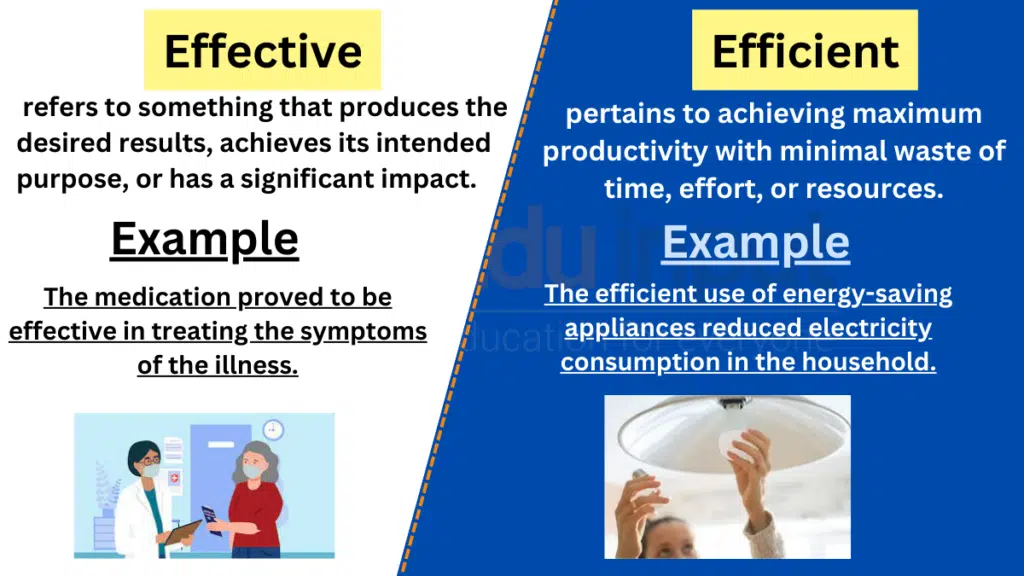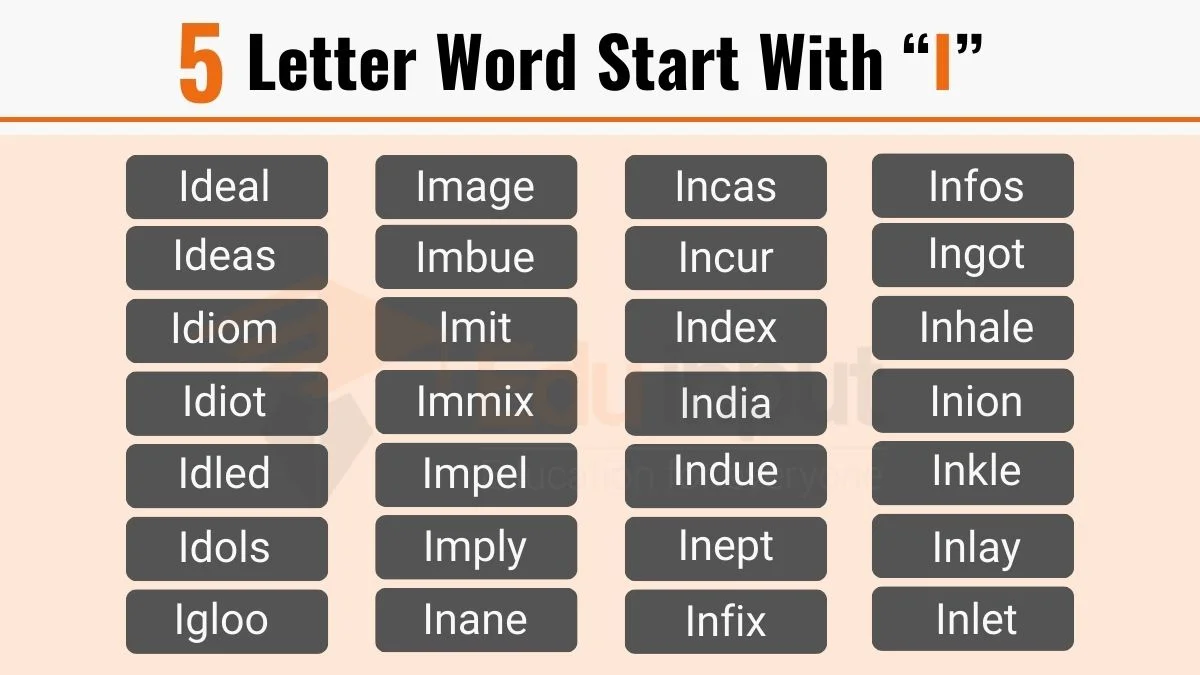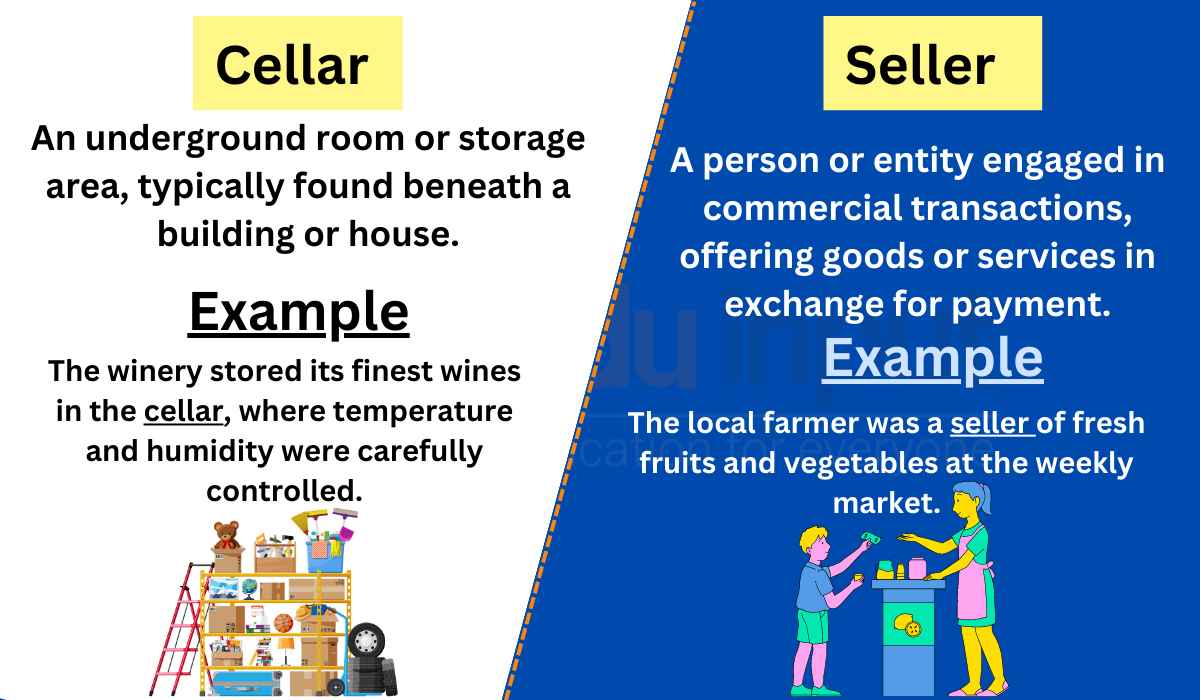Effective vs. Efficient-Difference between and Examples
In the realm of productivity and performance, two commonly used words that often cause confusion are “effective” and “efficient.” Though they sound similar and share some similarities in meaning, they have distinct definitions and nuances. In this article, we will explore the differences between “effective” and “efficient,” providing clear explanations, examples, and comparative analysis. By grasping their meanings and understanding their applications, we can navigate tasks, processes, and decision-making with greater precision and clarity.

Meanings and Examples
Effective meaning
It is an adjective. The meaning of Effective refers to something that produces the desired results, achieves its intended purpose, or has a significant impact.
Effective Examples
a) The marketing campaign was highly effective in increasing brand awareness and driving sales.
b) The medication proved to be effective in treating the symptoms of the illness.
c) The teacher’s use of multimedia tools made the lesson more engaging and effective for the students.
Efficient meaning
It is an adjective. The meaning of Efficient pertains to achieving maximum productivity with minimal waste of time, effort, or resources.
Efficient Examples
a) The new manufacturing process streamlined operations, making production more efficient and cost-effective.
b) The efficient use of energy-saving appliances reduced electricity consumption in the household.
c) The project manager allocated resources efficiently, optimizing the team’s productivity and meeting deadlines.
Difference between Effective and Efficient
| Effective | Efficient | |
| Adjective | Producing desired results or achieving the intended purpose | Achieving maximum productivity with minimal waste of resources |
| Example | The marketing campaign was effective in increasing brand awareness | The new manufacturing process made production more efficient |
| Usage | Describing the impact or outcome | Referring to the optimal use of resources and productivity |
| Grammar | Adjective | Adjective |
Usage in a Paragraph
To run a successful business, it is essential to have both effective strategies and efficient operations. An effective marketing campaign can create a strong brand presence and attract customers, but efficiency in production and delivery ensures profitability and customer satisfaction.
By carefully analyzing market trends and consumer preferences, businesses can develop effective marketing campaigns that resonate with their target audience and generate desired results. Simultaneously, implementing efficient processes, such as supply chain optimization and lean manufacturing, helps streamline operations, reduce waste, and maximize productivity. This combination of effectiveness and efficiency enables businesses to thrive in a competitive landscape.
While “effective” and “efficient” are often used interchangeably, understanding their distinctions is crucial for optimizing performance and achieving desired outcomes. “Effective” focuses on producing the intended results and achieving a significant impact, while “efficient” emphasizes accomplishing tasks with the optimal use of resources and minimizing waste.
By recognizing the differences between the two and leveraging their respective strengths, individuals, and organizations can enhance productivity, improve decision-making, and drive success. Whether aiming for effectiveness in goal attainment or efficiency in resource allocation, a comprehensive understanding of both concepts empowers us to make informed choices and excel in our endeavors.







Leave a Reply